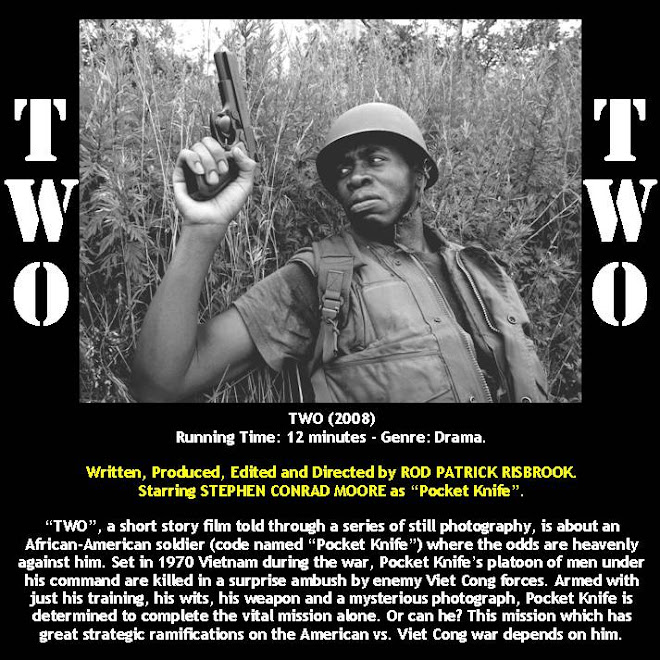Net Neutrality FAQ: What's in it for You
Tim Greene, Network World
Oct 24, 2009 3:51 pm

The FCC has approved a notice of proposed rule making on the subject of net neutrality, and here are a few questions and answers to help shine a light on what that means. (See "FCC takes first step toward net neutrality rules") What exactly did the FCC do? The FCC agreed to consider what regulations, if any, to impose on ISPs (Internet Service Providers: Cablevision, Time Warner, Verizon DSL/Fios, etc. - BIG ROD) about the applications and services that they allow, ban or rate limit. The process calls for formally proposing rules and holding public hearings on them. A vote about the rules themselves will take place sometime next year.
What is net neutrality anyway?
It is the common name for creating and preserving what the FCC calls the "open Internet". The FCC is trying to write rules that enforce six principles it says ISPs must uphold to preserve what the commission calls the "open Internet." These rules would tell ISPs to:
- allow sending and receiving all lawful content.
- allow all lawful applications and services.
- allow all lawful devices that don't harm the network.
- allow access to all network, application, service and content providers.
- ensure there is no discrimination against particular lawful content, applications, services and devices.
- reveal practices necessary network management that might limit the other five principles.
A majority of the FCC, Google and other Internet-based companies, consumer advocacy groups and Internet luminaries such as Vinton Cerf and Tim Berners-Lee. They fear that without rules, ISPs will impose tiered service levels, making the top-level services so expensive as to rule out their use by innovators trying to start Internet-based businesses. They are also concerned that selectively banning certain applications such as VoIP will reduce consumer choice about how to make voice calls. There have been cases where ISPs blocked VoIP and rate-limited peer-to-peer traffic like that used for gaming and file sharing.
Who's opposed to it?
The loudest opposition comes from AT&T, Verizon and other Internet providers. They say the rules would block charging extra for premium services, the financial incentive they need to invest in network upgrades that keep traffic running smoothly. They say the rules would unfairly restrict what they call differentiating services that might justify higher rates than competitors charge. They say the consequences of net-neutrality rules would be one of two things: higher flat rates for services or paying by the byte for Internet traffic. Sen. John McCain (R-Ariz.) also has introduced a bill to block the FCC's net neutrality rules.
What does it mean to businesses?
If net neutrality prompts higher Internet access rates for all-you-can-eat ISP services, businesses would have higher ISP bills. Usage-based fees might or might not increase costs to individual businesses depending on how much they use the Internet. Businesses that rely on the Internet to provide services might face decreased demand if their customers are forced to buy more-expensive services in order to consume their products. For example, a business that sells HD video downloads over the Internet might sell less if customers have to buy premium Internet access in order to enjoy a movie.
What does it mean to carriers?
Carriers fear net neutrality will restrict their ability to make money off their networks to the point that they will slow the rate at which they invest in network improvements that boost Internet performance. They also say they buy into the principles of an open Internet and that no rules are needed.
What does it mean to residential Internet users?
Flat monthly rates that are common now would likely remain, but ISPs might charge more for them. Or they might shift over to billing for the amount customers download, forcing customers to think twice about what they use the Internet for. At the same time, they would be able to use the Internet to make phone calls without worrying that the traffic would be blocked.
The rules would have the biggest impact on what services?
Without rules, ISPs are most likely to limit bandwidth hogs – gaming, streaming video - and VoIP. Many large ISPs such as AT&T and Verizon are also voice carriers, so VoIP riding the Internet is a threat to their revenue streams. The flip side is that providers of VoIP services that rely on the Internet ought not to be hindered by the ISPs.




+LR+Edit+32.jpg)


.jpg)


























.jpg)



